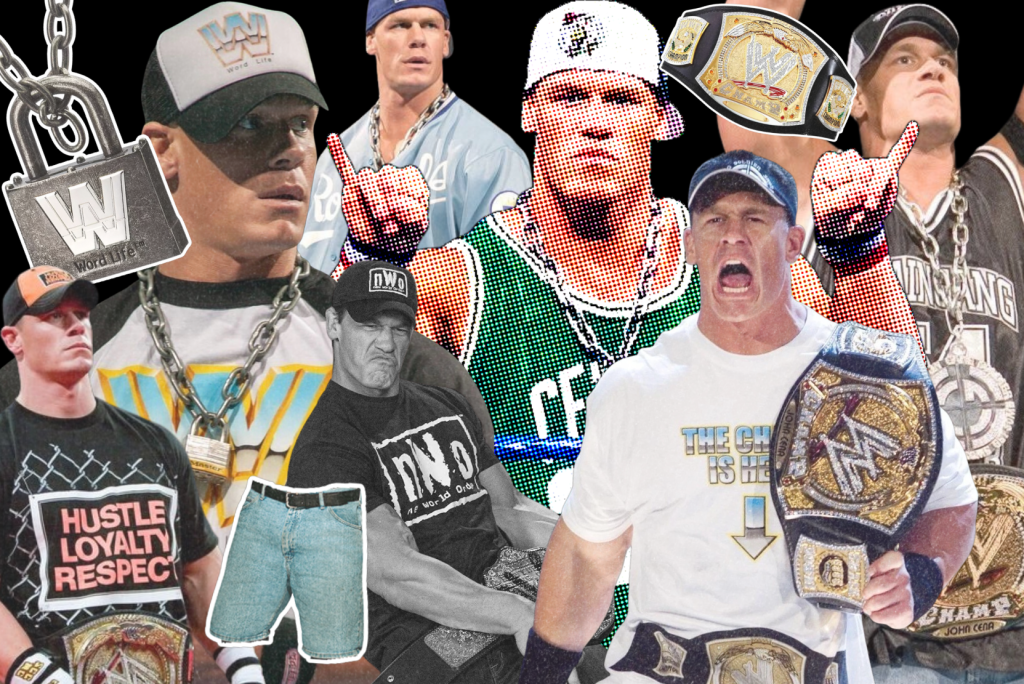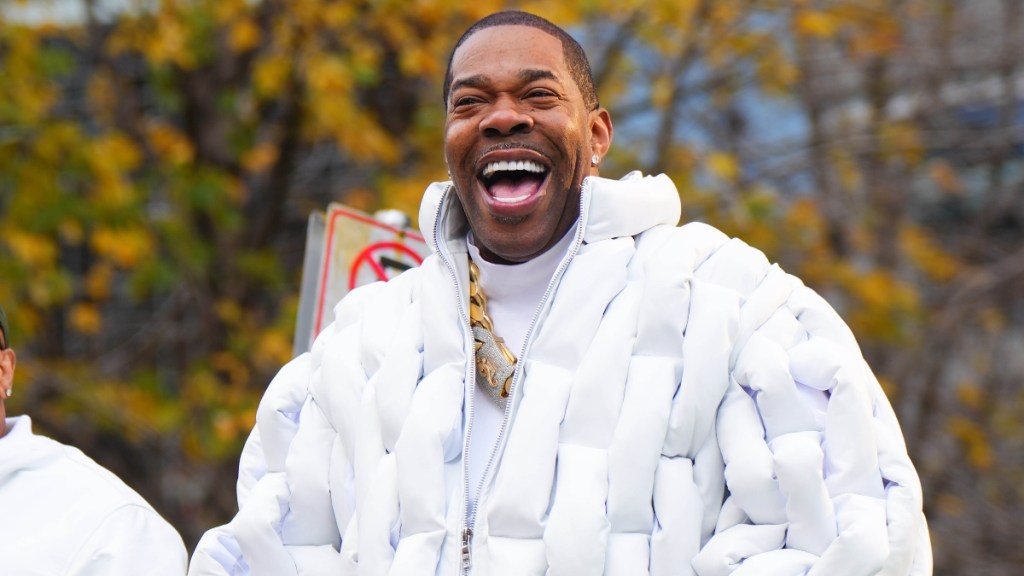TULUM, Mexico — As President Donald Trump and Joe Biden squared off in their third and final presidential debate in late October, Leesa Bahía enjoyed a glass of chardonnay in an open-air restaurant in Mexico. Bahía was attending a debate watch party in the seaside city of Playa del Carmen, organized by a growing community of Black expats and travelers in the Yucatan Peninsula.
Throughout the evening, Trump compared himself to Abraham Lincoln and called himself the “least racist person in the room.”
Videos by VICE
Bahía was disgusted.
“(Black people) are afraid for the future,” said Bahía. “And that fear has resulted in us having to leave the only country we’ve ever known.”
Three weeks prior to the debate, Bahía put all of her belongings in storage and decided to leave the United States for at least a year due to the current political climate and social unrest. She no longer felt welcome.
“We were abducted from our homelands generations ago and brought to the U.S. and built that country, and if they don’t want us there,” she said sardonically. “Bye-bye.”

Bahía sat with a new friend, Shannon Amos, who recently sold all her belongings and also moved to Mexico from Los Angeles. Since then, Amos said, she felt “physically and spiritually lighter.”
“I didn’t know how hard it was to be a Black woman until I traveled,” said Amos, stressing that she didn’t truly feel the impact of institutionalized racism until she experienced living without it.
She compared it to “swimming in shit, and then you jump into clear cool water.”
Around 20 other members of the growing community attended the debate event, which was organized by a Facebook group called Black in Tulum — named for the small coastal town of Tulum around an hour south.
Bahía, for one, compared the group to the “Underground Railroad, it’s a passageway, everybody is helping each other.”
Although only founded three months ago, the Black in Tulum Facebook group quickly ballooned to over 8,000 followers and has become the go-to spot for making connections, learning about working from abroad and even introducing potential-expats with local realtors.
The group began as the brainchild of Nubia Younge, a self-proclaimed digital nomad from Virginia, who moved to Tulum at the end of 2019 and to her surprise, found a growing, if loosely connected, web of Black expats already in the region. Younge half-jokingly referred to her role as the group’s founder and one of its eight moderators, as sort of a “modern Harriet Tubman” because “I want people to feel a sense of freedom and liberation.”
Younge’s move abroad came right after the election of Trump in 2016. Prior to his election, she said that the Barack Obama years gave her “hope” and “pride” for being a Black American.
“And then all that went to shit like that,” said Younge, snapping her fingers. “I just knew that I needed to break free.”
Her exodus first took her to Thailand, then Colombia, before eventually settling in Mexico where she found community in the Yucatan Peninsula. But in her years abroad she continued to be upset by the news back home.
“It seems like it’s ok to shoot a Black man or a Black woman in the streets,” said Younge, which hit especially close to home because of her two adult children. “Every time I talk to my son, I have tears in my eyes because I’m like ‘I don’t want this to be the last time I talk to you.’”
Younge has tried unsuccessfully to get her family to come to Mexico, but she hopes to be able to convince them soon. In the meantime, she’s dedicated herself to the burgeoning group and trying to create more representation of the Black expat and traveler experience in Mexico. She said she’s “on a mission to show that we’re here.”

Her pride in the quick success of Black in Tulum “wasn’t about the brunches or having a party or anything like that, it was about really building community and showing the diversity of people of color (living and traveling) in Mexico,” said Younge.
But while it’s not all about partying, that’s not to say the community doesn’t like to have a good time.
On a Wednesday evening, the group organized an event called Afrolicious at a local bar filled with dancing and live music. Tenisha Mercer recently traveled from Atlanta to Tulum, and quickly made new friends as she danced to the live Latin Jazz duo performing.
“To see so many Black people here is just like, amazing,” said Mercer. “It feels like the Atlanta of Mexico.”
Mercer, a user experience content strategist for a Fortune 100 company, was already something of a world traveler having visited Paris and Amsterdam, as well as other beachside escapes in Cuba, and the Turks and Caicos islands. Like many within the growing community of Black expats and travelers in Tulum, her economic status and success allowed her the privilege of traveling freely.
For her, traveling outside the United States made her feel as if a “weight has been lifted” because “back home, I’m always on alert.”
In Mexico, she felt free of the constant drain on her mental health of day-to-day “microaggressions, those small little things that eat at you.”
Mercer said that seeing Black expats not only living but thriving abroad, had her thinking that they were “living the dream that I would eventually want to.”
The next day Mercer headed to the beach to meet Chipo Kandake, a young aspiring filmmaker who she’d met at the party. Kandake leads oceanside dance sessions and instructions on root chakras, sexuality, and releasing tension.
Kandake had been laid off from her position as a program director at a Black arts vintage boutique because of COVID, and decided to go to Mexico.
But unemployment wasn’t the only reason.
“The energy of everything going on in politics, and civil rights. It definitely had made me not want to be there,” said Kandake.
After arriving less than a month prior, she’d made a number of local Mexican friends and even joined a band.
“Some people may call it running away but in all societies and in all countries, people migrate,” said Kandake. “This may be my time to be the immigrant.”
But before she moved, several of her Mexican-American friends warned her that Mexico isn’t a racism-free paradise. The country has long dealt with internal issues of classism and racism where indigenous and darker-skinned populations are marginalized, and a lighter skin color is glorified in advertisements and media, and generally reflected in economic and social advancement.
This is particularly true for Mexicans of African descent; a population estimated to be around 2 million.
“Africans are in the history of Mexico, but it’s almost like invisible,” said Kandake, referencing the historical role that Africans played in Mexico both as conquistadors and slaves. In fact, Afro Mexicans have long sought recognition by the government and were only first included in the national census in 2020.

Quddus Fujita Maus, a psychotherapist who moved to Tulum from Colorado three months ago, acknowledged that in Mexico he didn’t face the same difficulties that darker-skinned locals do because he had, what he termed, “American privilege.”
Fujita Maus understood that the ability to pick up and move to Mexico was a privilege directly related to his passport, and not one that many people around the world have. But he also believed it was important for Black Americans to capitalize on that opportunity, not just in Mexico, but around the world.
As the psychotherapist approaches his 50th birthday, he recalled how growing up and even in his 20s there were some Black people who had the chance to travel and live abroad, but not a lot, in his opinion, due mostly to the fact that institutionalized racism didn’t allow for his community to develop generational wealth.
But over the past 20 years, he’s seen that changing, especially abroad.
“Finally today, it’s like there are a lot of young, black professionals. There’s agency and there’s access, and I think it’s the next natural step, to claim world citizenship, you know why? Because we can,” said Fujita Maus.
“And with all this shit happening in the states, it’s kind of a little bit of a push for the next frontier for us,” he continued.
Fujita Maus was pleasantly surprised by the amount of Black expats in the area when he arrived, even though he’d still never attended a Black in Tulum event. While he is a member of the group, he’s found himself reluctant to even use Facebook in general because of constantly feeling triggered by “the consistent bombardment, what did Trump say now, the next video of a Black person getting shot by police, it’s overwhelming.”
But while more Black Americans who can afford to do so are moving abroad, some are deciding to return to the United States.
As the election arrives on November 3, Kenya Shakir is ending her Mexican dream after three months and moving back to Florida. She’d recently sent her absentee ballot vote for Joe Biden and though the prospect of Kamala Harris was “cool,” she admitted to being anxious about returning to the United States.
“There’s no accountability, there’s no reckoning of the country’s past,” said Shakir. “The people who are in power, white male legislators, they have no skin in the game, no pun intended, they don’t care.”
She expressed concern that regardless of the election’s outcome, tensions in the United States will remain high, especially in the South where she’s from.
“Do I feel safe returning to America? No. But it’s the choice I’m making right now.”
More
From VICE
-

Images by WWE / Collage by Haley Miller -

XNY/Star Max/GC Images -

Roy Rochlin/Getty Images for MTV -

(Photo By Raymond Boyd/Getty Images)



